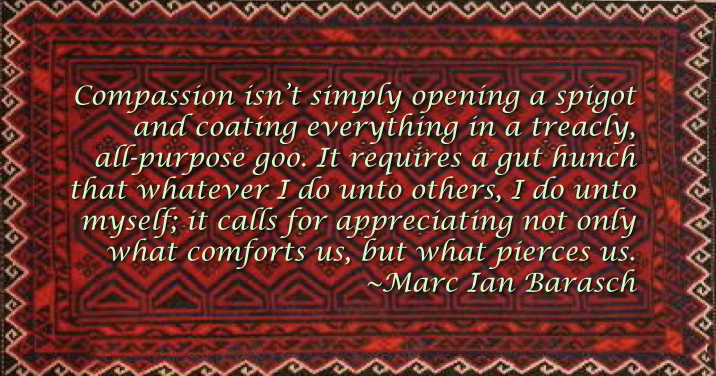The “beast” had eaten all of the chickens.
That is why the income-generating activity undertaken by this small group in Malawi had not yet seen any profit, they explained.
This is also why the group wanted to abandon chicken-rearing in favor of installing a paraffin pump, something that would require much less upkeep, inputs, and security.
What would it take for you to fund this youthful, energetic, but inexperienced group again?
A little faith? Or a lot for that matter?
***
I do not consider myself a religious person per se. I was brought up a Protestant (hence why the Revelations reference above was not lost on me), but these days I simply consider myself a “Golden Rule Enthusiast.” I “left” the church in my early-20s over my disappointment of having some perpetually unanswerable questions that no spiritual leaders or fellow congregants could satisfy.
It’s ironic today, that in many ways, my work is focused on unanswered questions. What is development? Does it necessarily improve the poor’s lives? How do we enable local organizations as strong forces for change in their communities? How can outsiders help in the most effective and sustainable ways? What kinds of beasts live in Malawi and how does one get into the chicken coup?
Even the most ardent log frame aficionado or randomista must wade into the abyss of the unknown from time to time. For some people, to engage in this complex and evolving process is an uncomfortable place. And many times, I have heard myself asking colleagues, “Where’s the faith?”
As aid workers, we are constantly having to engage in leaps of faith—to have trust in people, in their innate capacities and energy, in often imprecise processes, in unseen or undetectable outcomes, and in a higher purpose.
As such, I see faith exhibited by religious and non-religious aid workers alike, embodied in their professional and personal approach to their work. God or Buddha or Allah or Yahweh knows that being an effective practitioner is about embracing and welcoming mystery and continually recreating our work as we learn, which is actually what the group in Malawi was attempting to do.
It is also about decent people acting properly. No matter what kind of faith we personally practice (or don’t), or what kind of organization we work for, we are called to treat the people we serve with dignity and compassion. We are called to make good judgments and engage in productive dialogue with our colleagues and partners. This requires courage, deference, sometimes thanklessness, and the tolerance of needed space and time—all things with which faith in any form can help us.
In my youth I thought faith had to reflect undying, impenetrable belief. But I’ve come to find that, when it comes to aid work or a higher power, faith is really just about living the doubt.
Related Posts
The wisdom of dlalanathi: Reflections on organizational growth


My work certainly requires all sorts of faith – faith in myself, faith in God, faith in my colleagues. For me, faith is living in doubt, but not letting that doubt tear down the trust I build. It’s about being okay with that doubt because that’s where the learning happens.
I love the expression “leap of faith” because it is just that. You are leaping over the doubt and moving ahead. Without doubt there would be no leap.
Jennifer, I really liked your post, your thoughts, and felt close to many of them. Mainly, I think that everybody “practice” some kind of faith, and this is not necesarily a religious one. But we need faith to begin a new day, to continue our path, to have family and friends. Having faith, any faith, is a key dimension of being human. Hopefully, every faith should be linked with “decent people acting properly”
Jennifer;
Great post. I was thinking toward the end about the leap of faith the small group in Malawi would need to make their idea work. A small business like that isn’t just a small business for them; it’s the difference between life or starvation. You said it very clearly, “embracing and welcoming mystery and continually recreating our work as we learn.” I often think of the courage the people we help need in order to try and make their lives better, or to even summon the imagination and enthusiasm to envision a better life. I think when we, as aid workers, take that leap of faith, the vote of confidence we give the recipients is magnified many times. I think our leap of faith can be as necessary for their success as any material investment. Thanks for writing this.